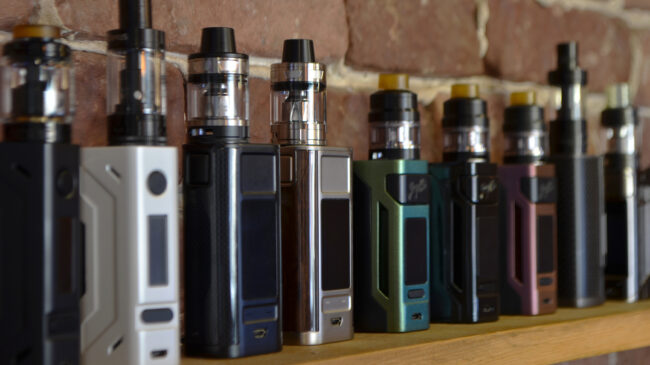Democrats in Virginia seem tempted to claim the failure to pass President Joe Biden’s Build Back Better agenda as one of the many explanations for Terry McAuliffe’s loss to Glenn Youngkin in the recent Virginia gubernatorial race. If Congress had just passed the president’s proposed infrastructure bill and Build Back Better (BBB) agenda before the state’s election day, it would’ve shown Virginia’s voters that unified Democratic control of Congress and the White House can help deliver for everyday Americans. Or so the logic goes.
A possible wrinkle for this line of reasoning comes from a focus group conducted by Democratic strategist Danny Barefoot. A group of suburban women was asked, “If Democrats had passed the bipartisan infrastructure package before the election would you have considered changing your vote?”
In the focus group, 91% answered “no,” and one woman laughed and asked, “What does that have to do with anything?”
As Congress struggles to pass some of its spending plans, there are obvious lessons to take away from Virginia’s fiercely fought gubernatorial race. Parsing through the Virginia results, a familiar pattern comes into view. Democrats are losing working-class, non-college-educated voters to Republicans. This group appears increasingly happy to turn out in off-year elections and without Donald Trump on the ballot.
If Virginia Democrats are to retain any chance of retaking the governor’s mansion or keeping control of Congress, Democrats need to up their game with this group of voters.
In the rash of revisions to the Build Back Better plan, House Budget Chair Rep. John Yarmouth (D-KY) added a nicotine tax to raise extra funds for the spending plan. The proposed tax wouldn’t affect regular smokers, but it would massively hike the taxes on e-cigarettes.
The tax would be highly regressive and break President Joe Biden’s campaign promise not to raise taxes on those earning less than $400,000 a year. According to Gallup, vapers are primarily concentrated in households earning less than $40,000. Those without a college degree are twice as likely to use an e-cigarette as those with a college degree. More than 320,000 Virginia adults vape and there are more than 15 million vapers across the United States.
In 2019, McLaughlin & Associates conducted polling of vapers in several battleground states, including Virginia. Four in five vapers said they were likely to decide their vote based solely on a candidate’s position on vaping, and half were “very” likely to be single-issue voters.
An e-cigarette tax is nearly perfectly calibrated to target working-class voters without a college degree. Such a tax plays into the worst stereotypes of Democrats, as out-of-touch paternalistic elites imposing taxes and policies for your own good. But what makes the proposed e-cigarette tax especially egregious is that it’s not just regressive; it’s terrible for public health.
In effect, e-cigarettes would be taxed more than regular cigarettes. Michael Pesko of Georgia State University estimates the new tax on safer nicotine alternatives, like e-cigarettes, would cause 2.7 million more daily adult smokers.
The biggest irony is that while House Democrats could hike taxes on more than 300,000 mostly lower-income Virginians, other proposed changes to the State and Local Tax Deduction (SALT) would slash taxes for millionaires and billionaires in high-tax blue states such as New Jersey and New York. The nicotine tax would be bad for Virginia and break President Biden’s promise to a state he won by 10 percentage points.
As they try to ensure the popularity of their agenda in Virginia and across the country, Democrats should focus on passing policies to help, rather than harm, public health and the people whose votes they are counting on.
A version of this column previously appeared in The Virginia Pilot.

